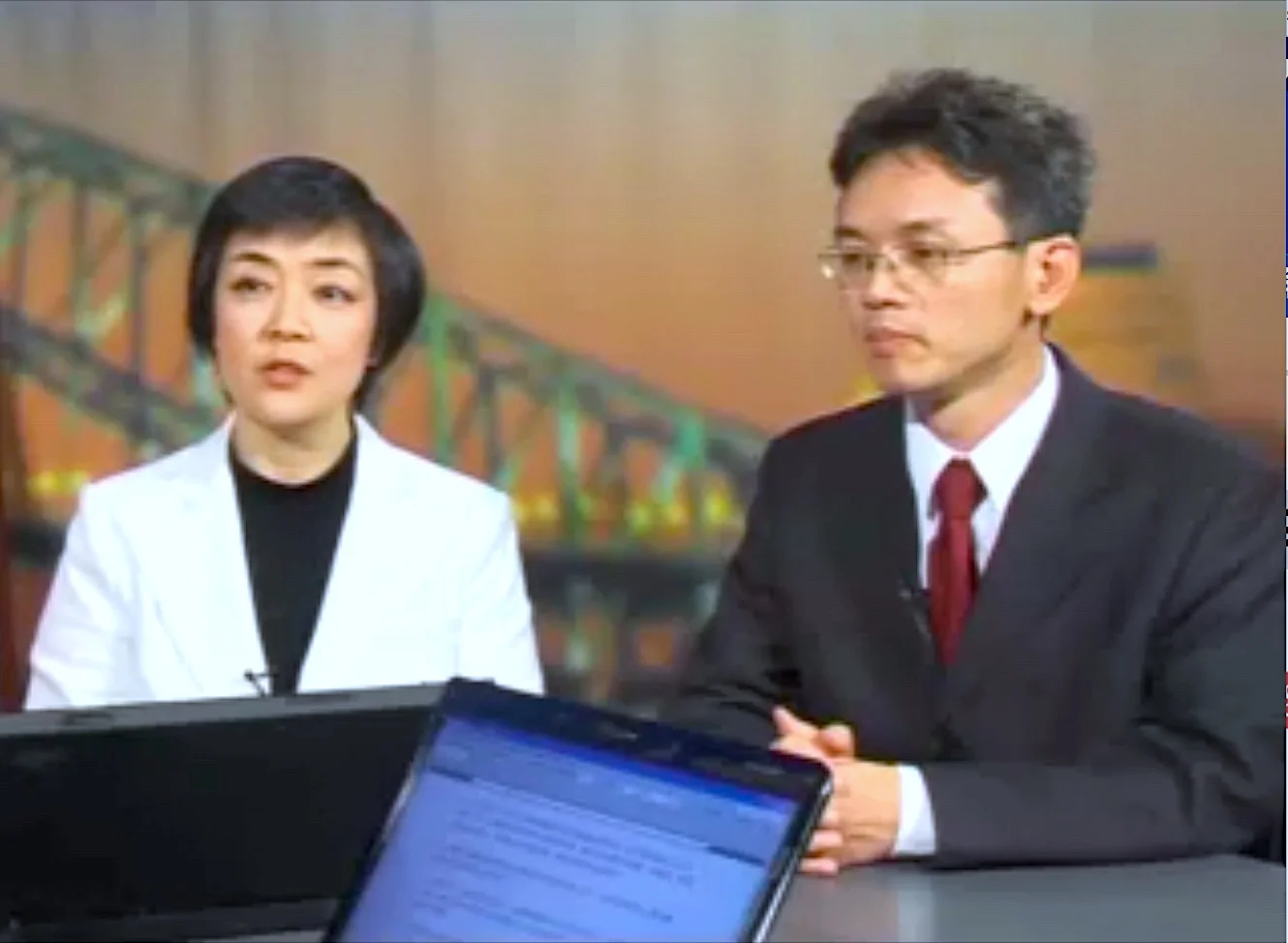Bond Default in China May Signal Opportunity for US
August 15, 2018 Last Updated: August 15, 2018
A landmark bond default, the first of its kind in China, may indicate that the country’s debt crisis is beginning to bite.
The debt situation in China will bring greater pressure for depreciation of the yuan and will make it more difficult for China to sustain a trade war with the United States, an expert says. This could be an opportunity for the United States to push harder against the Chinese regime to reform its economic structure.
On Aug. 13, the Sixth Division of Xinjiang Production & Construction Corps announced that it wouldn’t be able to repay a 500 million yuan ($73 million) bond, marking the first public default within the so-called legendary City Investment Group system owned by local Chinese governments.
A report from Sina Finance questions whether that means the end of the City Investment legend, which has so far maintained a good record.
Xinjiang Production & Construction Corps, founded in 1954, is a quasi-military, governmental organization, the most important state-owned entity in the Xinjiang Uygur autonomous region. It owns 93 percent of the Sixth Division of Xinjiang Production & Construction Corps. The bond in question is 270-day Super & Short-term Commercial Paper, with a 5.89 percent coupon rate, issued through the City Investment system.
The City Investment Group or Corporation, a special system with “Chinese characteristics,” first appeared in 1991 as a local-government financing vehicle, and didn’t own any assets.
The local governments gave their fiscal revenues, land and other assets to these City Investment Groups to operate projects such as infrastructure, road, railway, and real estate. After November 2008, under a 4 trillion yuan ($581 billion) fiscal stimulus program of the Chinese central government, commercial banks started injecting huge funds into the City Investment system, which experienced a boom.
As of Sept. 30, 2013, 11,002 companies appeared within this system, while total local government debt reached 17.89 trillion yuan ($2.6 trillion) at the end of that year, according to data from China’s National Audit Office.
Economic analyst Qin Peng says the main problem with the City Investment system is that the state-owned and -run companies don’t have the ability or incentive to create profits. For years, Qin said, the system has been borrowing more funds to repay old debts.
According to statistics from China’s Ministry of Finance, as of the end of June 2018, local government debt totaled 16.8 trillion yuan ($2.44 trillion).
However, bonds issued through the City Investment system aren’t officially counted as government debts. The “shadow” or “hidden” debts reached 47 trillion yuan ($6.8 trillion) as of the end of 2017, according to Bai Chong-en, director of the National Institute for Fiscal Studies of Tsinghua University.
If this figure is true, total local government debt has surpassed 63.8 trillion yuan ($9.2 trillion), once the official debt of $2.4 trillion and the estimate of $6.8 trillion in shadow debts are added.
If coupled with central government debt, which was 13.4 trillion yuan ($1.95 trillion) as of the end of the first quarter of 2018, the debt/GDP ratio of China has reached 94 percent, far above the 60 percent warning level accepted by the international community.
“In this sense, the City Investment system is a tremendous debt bomb,” said Qin. “The Sixth Division of Xinjiang Production & Construction Corps is not the first exploded bomb, and will definitely not be the last.”
Frank Tian Xie, a professor in business at the University of South Carolina Aiken, believes that China’s debt crisis won’t have much of an effect on the United States, but will directly affect the exchange rate of the yuan, and make the situation more difficult for China during the trade war.
He also believes that the White House’s trade war is taking a toll on China. This could force the Chinese Communist Party to make structural changes—such as ending currency manipulation and forced technology transfers—that the White House would like to see happen.
A pedestrian walks past the People's Bank of China, also known as China's Central Bank in Beijing, 22 August 2007. China's bid to tighten liquidity while most central banks worldwide are battling to boost cash flows underlines the Asian giant's status as largely immune from the troubles afflicting global markets. AFP PHOTO/TEH ENG KOON (Photo credit should read TEH ENG KOON/AFP/Getty Images)






